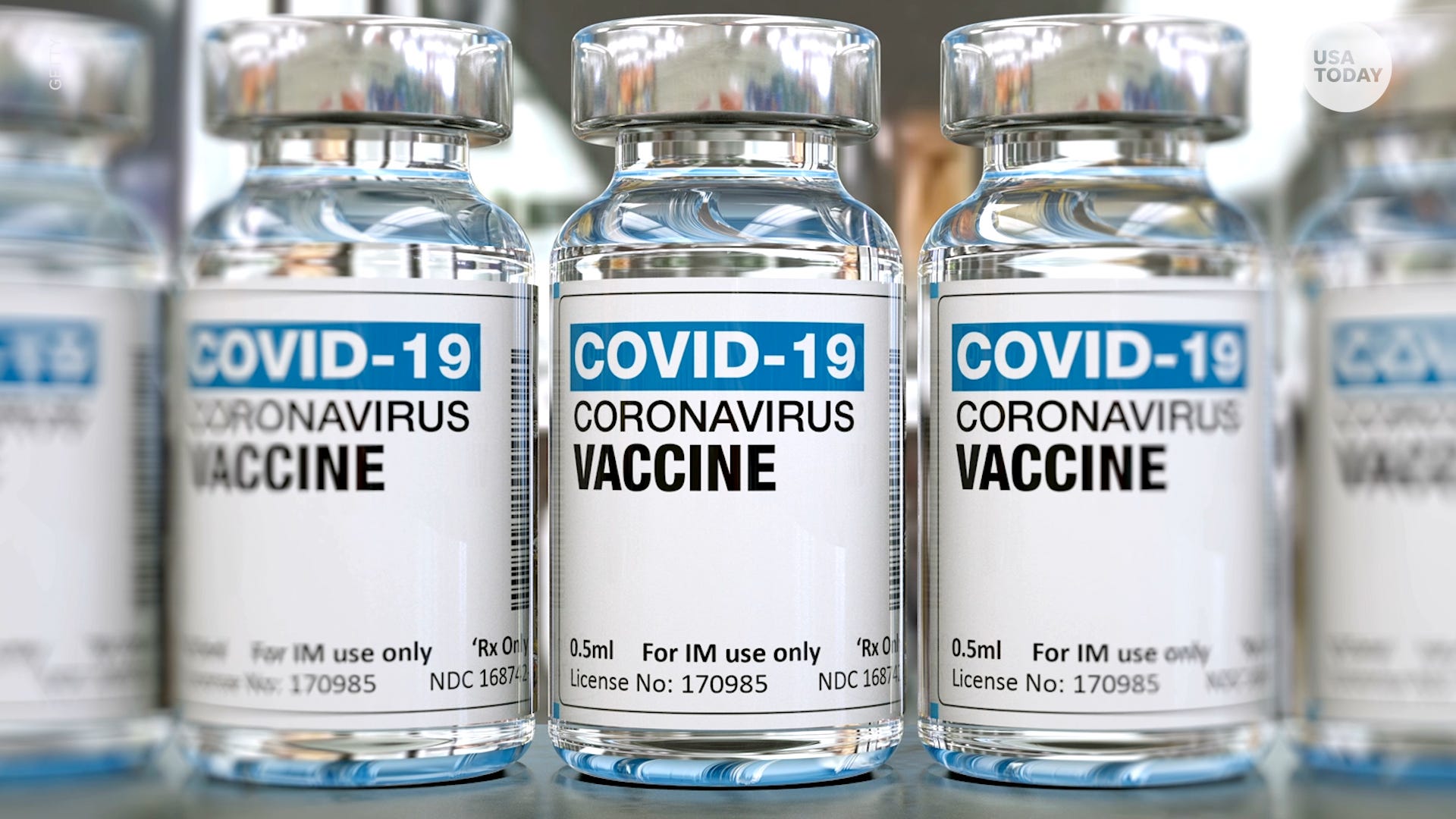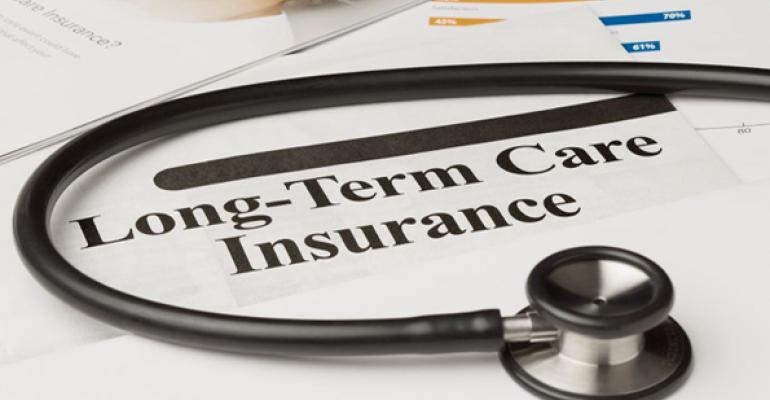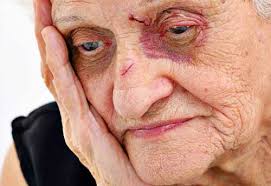There have been debates over whether it is prudent to take just one multivitamin per day versus taking a variety of different vitamins. Part of it depends on what your diet looks like. Some believe supplements are not that effective. “When you take things out of the food matrix and you put a single ingredient into a pill, it doesn’t have the same effect,†Katherine Tucker, director of the Center for Population Health at the University of Massachusetts Lowell told AARP Bulletin (June 2021, page 32). In regards to B12 and D3, experts say that you can’t get them from plants. In addition, as we get older, we begin to develop difficulty absorbing them in their natural form. Vitamin B12 plays an essential role in nerve function. A shortfall has been associated with depression, dementia, decreased cognitive function and anemia. If you don’t get out in the sun much, a D3 supplement can be helpful. It’s needed to maintain a healthy immune system, bones and muscles while protecting us from cognitive decline. If you have diabetes, with a doctors note you can enroll in diabetes nutrition classes here at Community Hospital of the Monterey Peninsula (CHOMP):
https://www.montagehealth.org/locations/profile/diabetes-nutrition-therapy/
They also publish a monthly schedule in the Monterey Herald with classes on fitness, estate planning, cancer and other subjects. Many of the classes are free.











